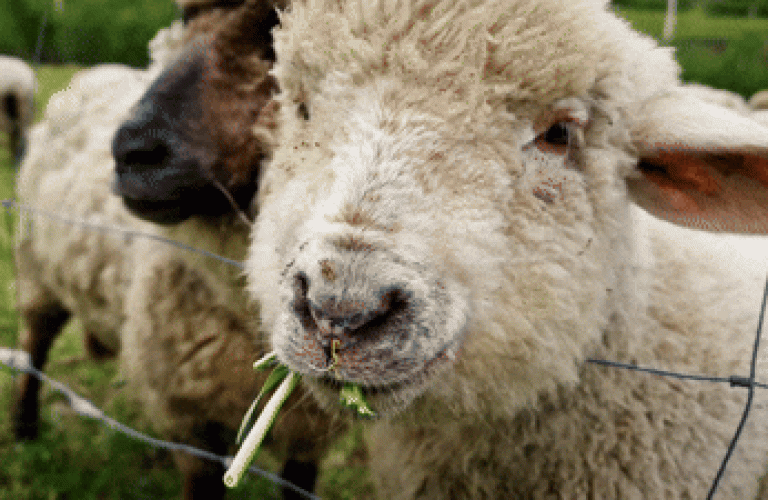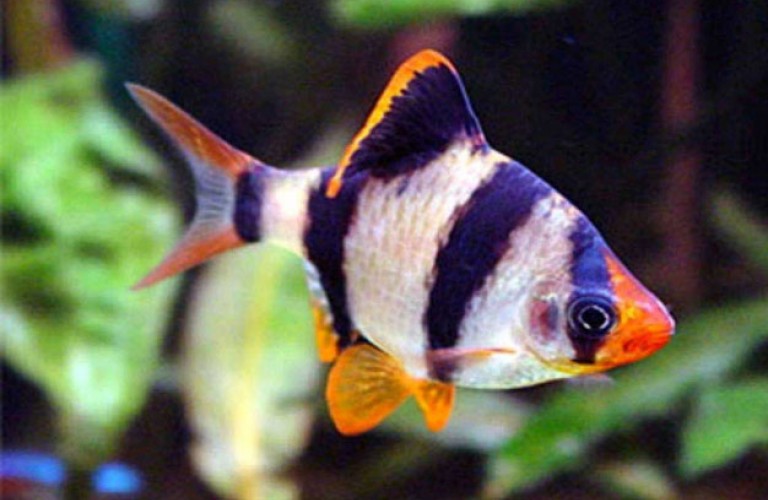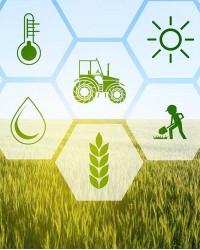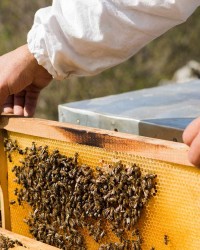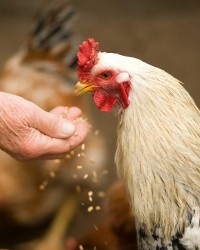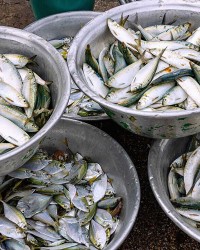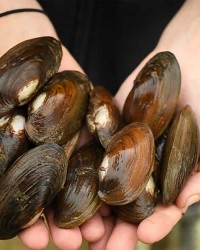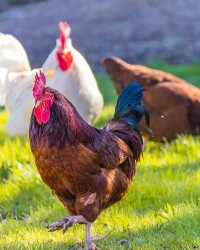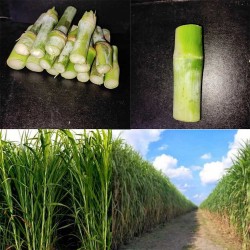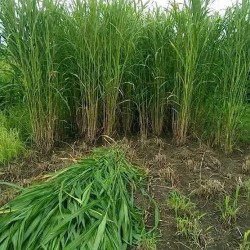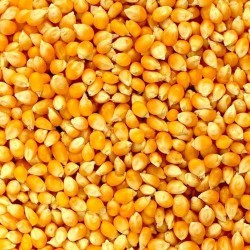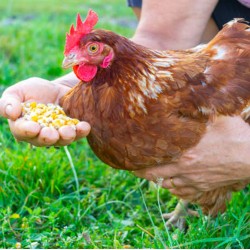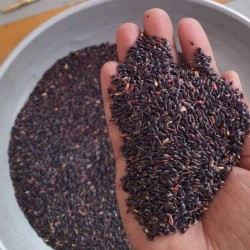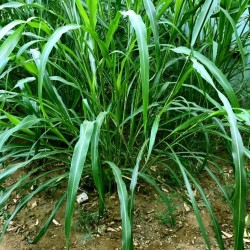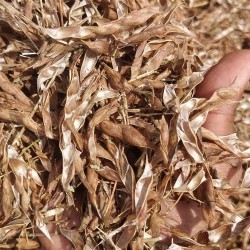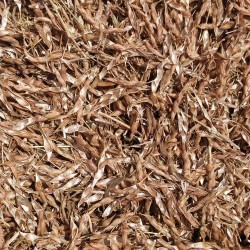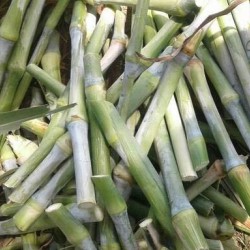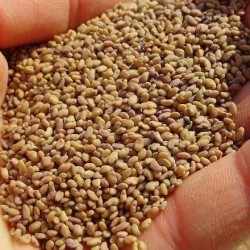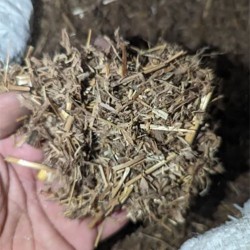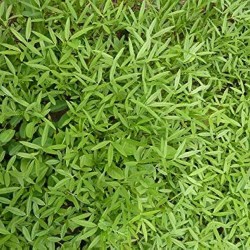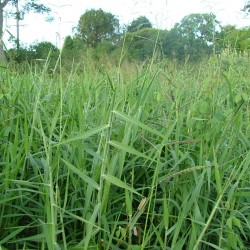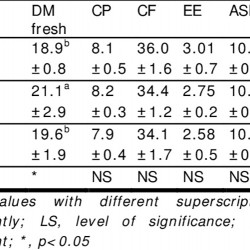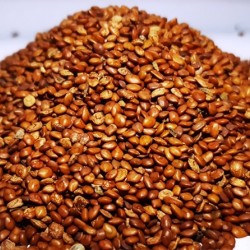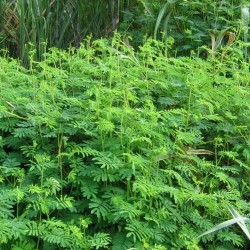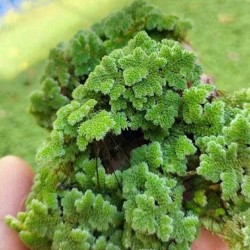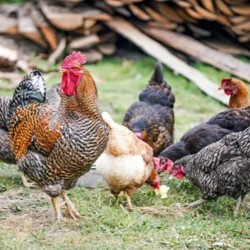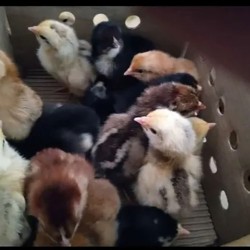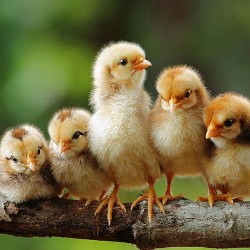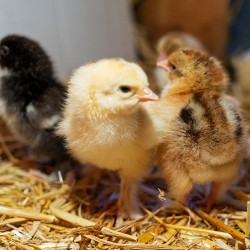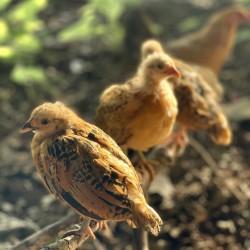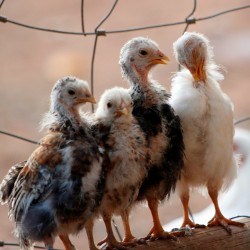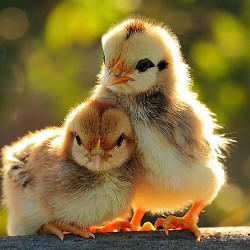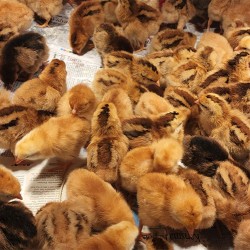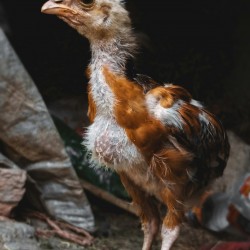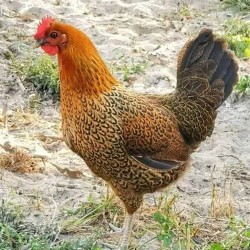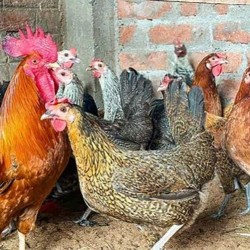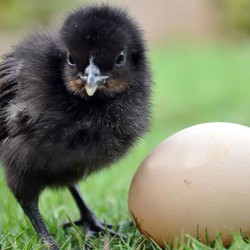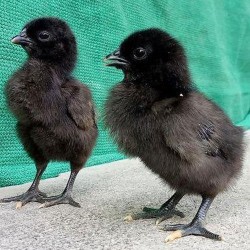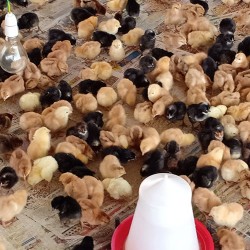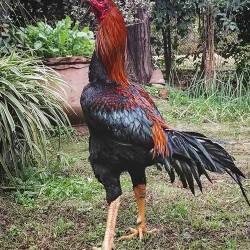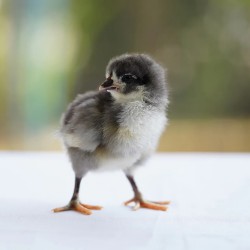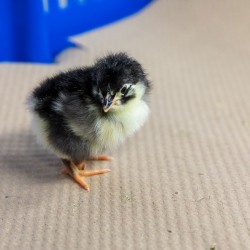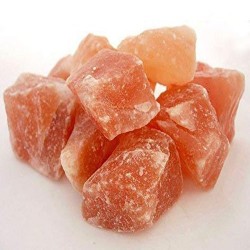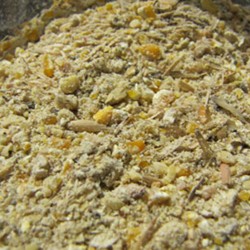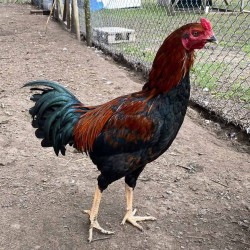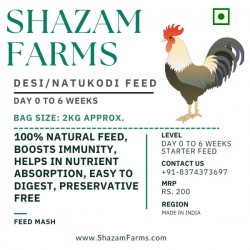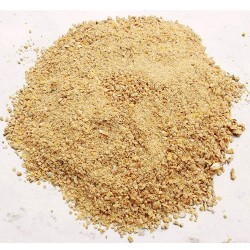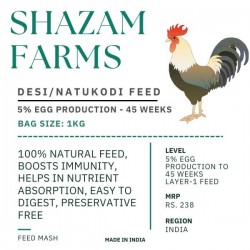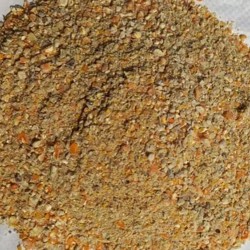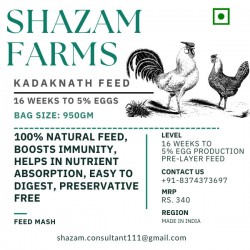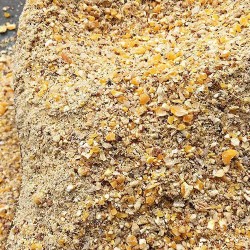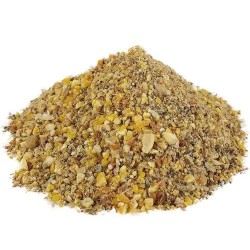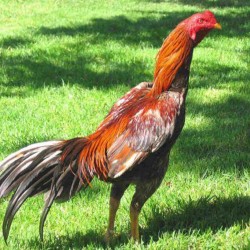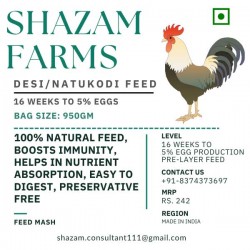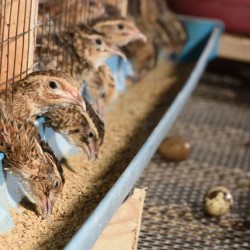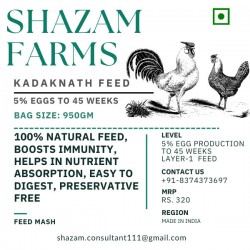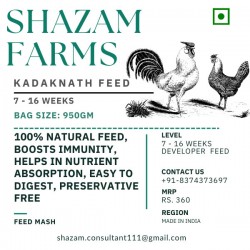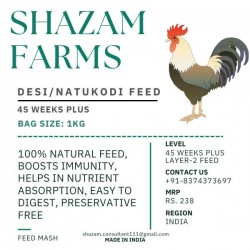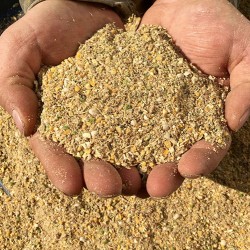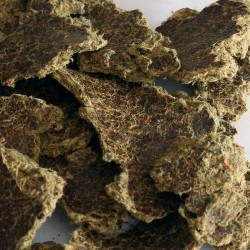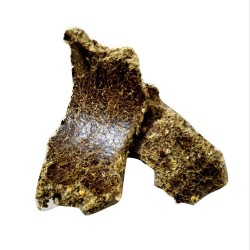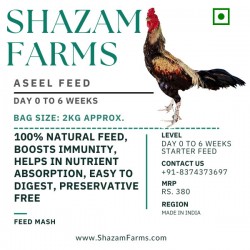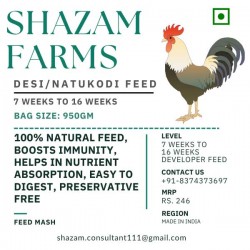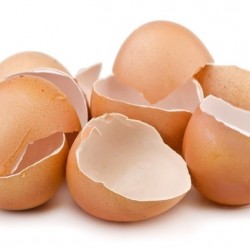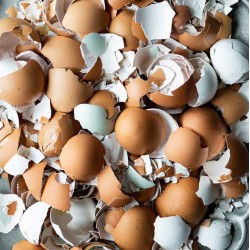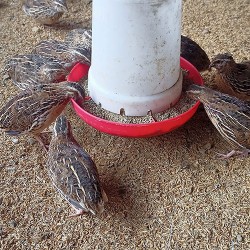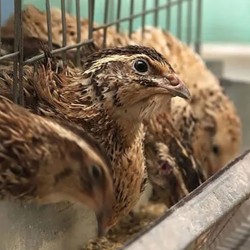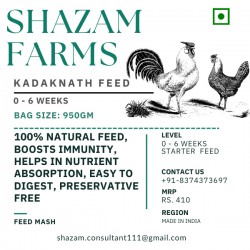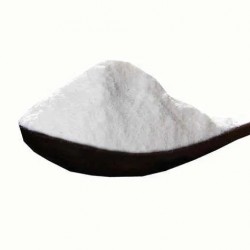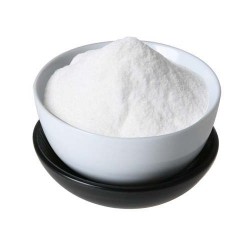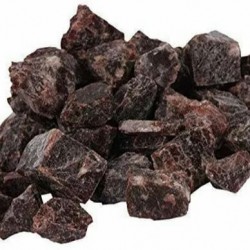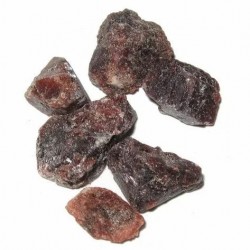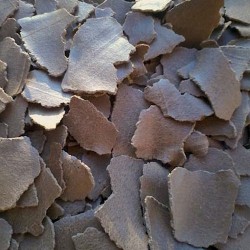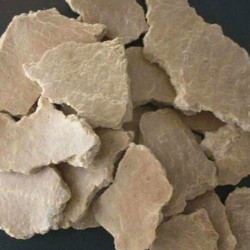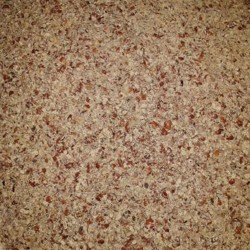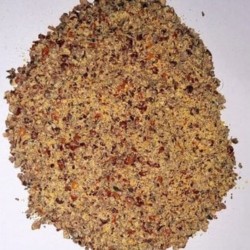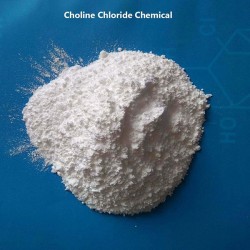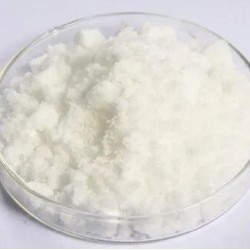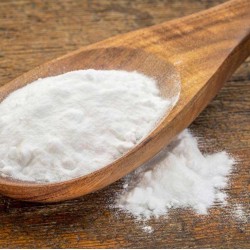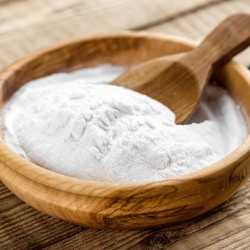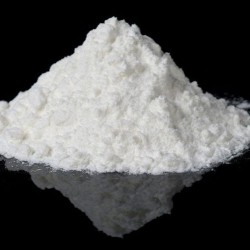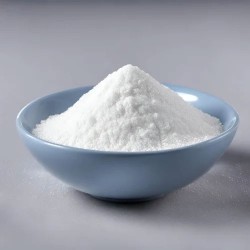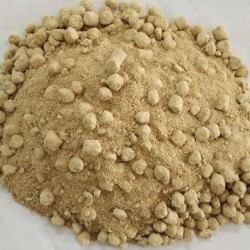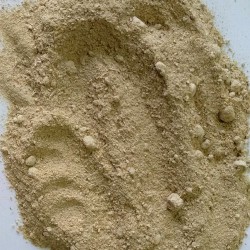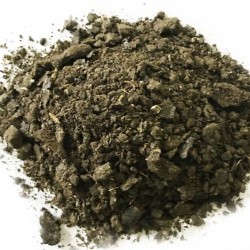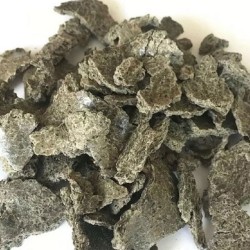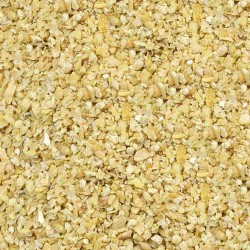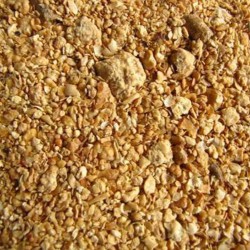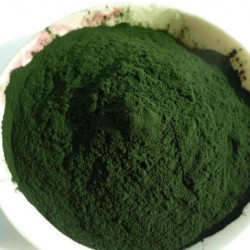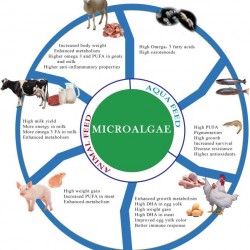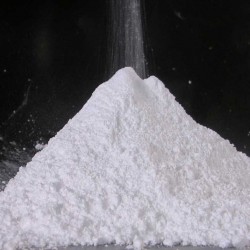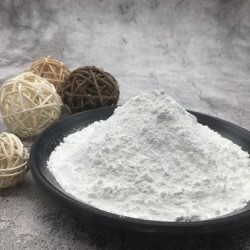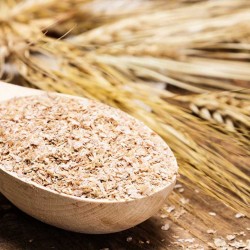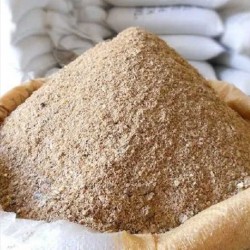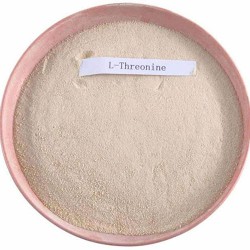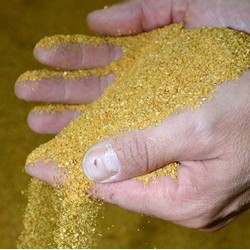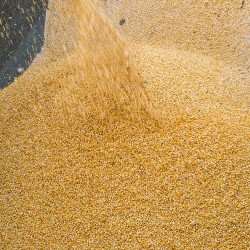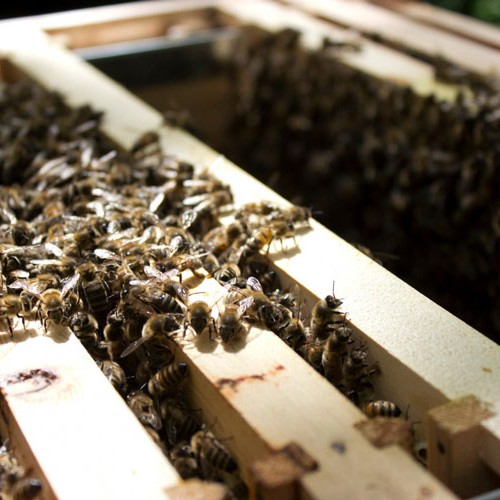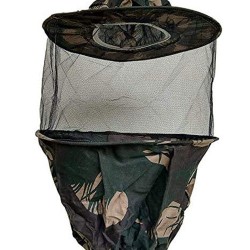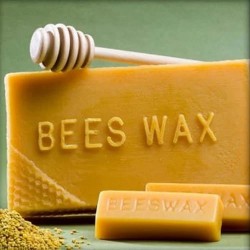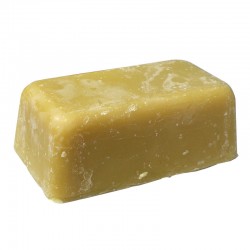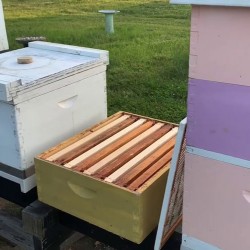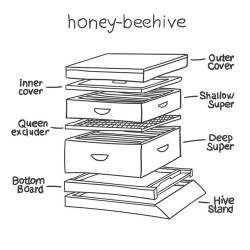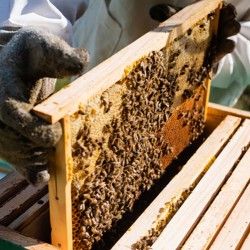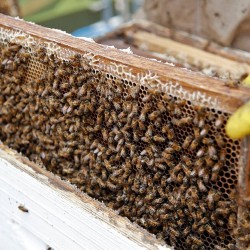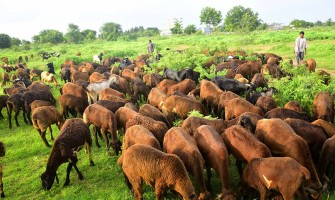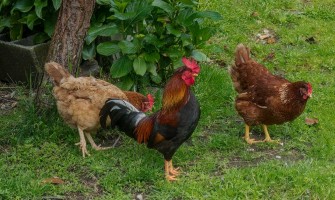Categories
Shazam Farms supplies complete beekeeping and apiary equipment for hobbyist..
Premium Feed Ingredients for Poultry, Livestock, and FishShazam Farms suppl..
Shazam Farms provides everything you need to start and grow a successful go..
Welcome to the Home & Garden section at Shazam Farms — your one-stop de..
Shazam Farms supplies high-quality freshwater clams and complete input mate..
Animal Fodder
Brand: Shazam
4G Bullet Napier is a fast-growing, high-yielding hybrid fodder grass ideal for dairy and meat-produ..
Rs.3.50
Ex Tax:Rs.3.50
Brand: Shazam
Shazam Farms offers high-quality, sun-dried maize specially selected for use in poultry, livestock, ..
Rs.45.00
Ex Tax:Rs.45.00
Brand: Shazam
Black Diamond Grass is a high-yielding hybrid fodder grass known for its dense growth, resilience, a..
Rs.1,650.00
Ex Tax:Rs.1,650.00
Brand: Shazam
Tur Bhusa (Chilka) – Natural Fiber-Rich Roughage for Cattle, Goats, and Sheep
Shazam Farms brings y..
Rs.40.00
Ex Tax:Rs.40.00
Brand: Shazam
Super Napier Grass (Pakchong 1), also known as Thai Napier, is a sterile hybrid fodder grass develop..
Rs.2.80
Ex Tax:Rs.2.80
Brand: Shazam
Lucerne, also known globally as Alfalfa, is a nutrient-dense perennial legume and one of the best so..
Rs.960.00
Ex Tax:Rs.960.00
Brand: Shazam
Stylo Hamata (Stylosanthes hamata) is a hardy leguminous fodder crop known for its excellent adaptab..
Rs.250.00
Ex Tax:Rs.250.00
Brand: Shazam
German Grass (Echinochloa polystachya) is a fast-growing, perennial fodder grass widely used in Indi..
Rs.1,050.00
Ex Tax:Rs.1,050.00
Brand: Shazam
Hedge Lucerne (also known as Dashrath, Velimasal, or Dedmanthus) is a perennial leguminous fodder cr..
Rs.1,250.00
Ex Tax:Rs.1,250.00
Brand: Shazam
Live Azolla Culture – Sustainable Protein-Rich Feed for Livestock & Fish
At Shazam Farms, we of..
Rs.800.00
Ex Tax:Rs.800.00
Poultry Chicks
FFG chicks (Fast-Farming Growers) from Shazam Farms are a carefully selected male-female mix ideal f..
Rs.65.00
Ex Tax:Rs.65.00
Shazam Farms supplies Rhode Island Red Male Chicks raised for meat production. These chicks are fast..
Rs.65.00
Ex Tax:Rs.65.00
Shazam Farms offers 21-day-old Rhode Island Red Male Chicks, specially raised for meat production. T..
Rs.135.00
Ex Tax:Rs.135.00
Shazam Farms offers high-quality Rhode Island Red Female Chicks, one of the best desi poultry breeds..
Rs.65.00
Ex Tax:Rs.65.00
Shazam Farms supplies 21-day-old Rhode Island Red Female Chicks, a premium egg-laying breed. These c..
Rs.135.00
Ex Tax:Rs.135.00
Shazam Farms offers 21-day-old Sonali chicks, a popular dual-purpose poultry breed developed by cros..
Rs.145.00
Ex Tax:Rs.145.00
Kadaknath chicks from Shazam Farms are healthy, 1 to 3-day-old male-female mix birds of the famous b..
Rs.65.00
Ex Tax:Rs.65.00
Shazam Farms supplies 1 to 3-day-old Aseel Cross chicks – a hardy and popular desi poultry variety f..
Rs.65.00
Ex Tax:Rs.65.00
Black Australorp chicks from Shazam Farms are renowned for their excellent laying performance and ca..
Rs.85.00
Ex Tax:Rs.85.00
Seasonal Sale
Don't miss our end of season special deals!
Poultry Feed
Shazam’s Pure Pink Himalayan Rock Salt Crystals, also known as Sendha Namak or Sindhav Namak, are 10..
Rs.120.00
Ex Tax:Rs.120.00
Aseel High Protein Pre Layer Feed by Shazam Farms is a specially formulated mash feed designed for A..
Rs.65.00
Ex Tax:Rs.65.00
Desi Poultry Starter Feed from Shazam Farms is a premium-quality, nutritionally balanced feed specia..
Rs.45.00
Ex Tax:Rs.45.00
Desi Poultry Layer 1 Feed from Shazam Farms is specially developed for laying hens between 5% egg pr..
Rs.40.00
Ex Tax:Rs.40.00
Live Azolla Culture – Sustainable Protein-Rich Feed for Livestock & Fish
At Shazam Farms, we of..
Rs.800.00
Ex Tax:Rs.800.00
Kadaknath Pre Layer Feed by Shazam Farms is designed to support the critical transition of Kadaknath..
Rs.70.00
Ex Tax:Rs.70.00
Aseel High Protein Layer 1 Feed by Shazam Farms is a carefully formulated mash feed designed for des..
Rs.65.00
Ex Tax:Rs.65.00
Aseel Developer Feed by Shazam Farms is a balanced mash feed tailored for Aseel birds aged 7 to 16 w..
Rs.65.00
Ex Tax:Rs.65.00
Desi Poultry Pre-Layer Feed from Shazam Farms is designed for pullets at the pre-laying stage — from..
Rs.43.00
Ex Tax:Rs.43.00
Shazam Farms Quail Starter Feed is a high-quality mash feed formulated especially for quail chicks f..
Rs.2,200.00
Ex Tax:Rs.2,200.00
Kadaknath Layer 2 Feed from Shazam Farms is specially designed for Kadaknath hens in their late-layi..
Rs.70.00
Ex Tax:Rs.70.00
Kadaknath Developer Feed from Shazam Farms is formulated for Kadaknath birds in their growing phase ..
Rs.70.00
Ex Tax:Rs.70.00
Desi Poultry Layer 2 Feed from Shazam Farms is crafted to meet the nutritional needs of laying hens ..
Rs.40.00
Ex Tax:Rs.40.00
De-Oiled Cottonseed Cake (DOC) is a valuable protein-rich byproduct obtained after oil is extracted ..
Rs.40.00
Ex Tax:Rs.40.00
Aseel High Protein Starter Feed by Shazam Farms is specially crafted to meet the nutritional demands..
Rs.65.00
Ex Tax:Rs.65.00
Desi Poultry Developer Feed from Shazam Farms is specially formulated for chicks aged 7 to 16 weeks...
Rs.43.00
Ex Tax:Rs.43.00
Shazam's Broken Country Chicken Eggshell Chips are a natural, farm-sourced solution for enriching so..
Rs.85.00
Ex Tax:Rs.85.00
Shazam Farms Quail Grower Feed is a premium mash-based feed for quail aged 4 to 6 weeks, bridging th..
Rs.2,100.00
Ex Tax:Rs.2,100.00
Kadaknath Layer 1 Feed by Shazam Farms is a high-performance feed formulated for Kadaknath hens from..
Rs.70.00
Ex Tax:Rs.70.00
Shazam Farms Quail Layer Feed is a high-performance mash feed designed for quail aged 6 weeks and ol..
Rs.2,000.00
Ex Tax:Rs.2,000.00
Kadaknath Starter Feed by Shazam Farms is specially designed for Kadaknath chicks during their first..
Rs.75.00
Ex Tax:Rs.75.00
Feed Ingredients
Shazam’s Vitamin C for Animal Feed is a high-potency, water-soluble vitamin supplement formulated to..
Rs.450.00
Ex Tax:Rs.450.00
Black Salt, also known as Kala Namak, is a naturally occurring volcanic rock salt with a distinct su..
Rs.150.00
Ex Tax:Rs.150.00
De-Oiled Groundnut Cake (Gn DOC) from Shazam Farms is a high-quality protein-rich feed supplement de..
Rs.50.00
Ex Tax:Rs.50.00
Tur Chunni, also known as Pigeon Pea Husk or Bran, is a byproduct derived from the milling of Tur da..
Rs.45.00
Ex Tax:Rs.45.00
Shazam’s Choline Chloride 98% is a high-quality feed-grade supplement formulated to provide animals ..
Rs.350.00
Ex Tax:Rs.350.00
Baking Soda, chemically known as Sodium Bicarbonate (NaHCO₃), is a versatile alkaline compound used ..
Rs.150.00
Ex Tax:Rs.150.00
Shazam’s L-Tryptophan for Animal Feed is a premium-quality, feed-grade amino acid supplement formula..
Rs.950.00
Ex Tax:Rs.950.00
Shazam’s Vitamin E for Animal Feed is a high-quality, fat-soluble vitamin supplement essential for m..
Rs.650.00
Ex Tax:Rs.650.00
De-Oiled Cottonseed Cake (DOC) is a valuable protein-rich byproduct obtained after oil is extracted ..
Rs.40.00
Ex Tax:Rs.40.00
Shazam’s Pure Pink Himalayan Rock Salt Crystals, also known as Sendha Namak or Sindhav Namak, are 10..
Rs.120.00
Ex Tax:Rs.120.00
De-Oiled Rice Bran Feed Grade from Shazam Farms is a highly nutritious, protein-rich feed supplement..
Rs.30.00
Ex Tax:Rs.30.00
De-Oiled Sunflower Cake from Shazam Farms is a high-quality, protein-rich feed supplement sourced fr..
Rs.45.00
Ex Tax:Rs.45.00
De-Oiled Soybean Cake Feed Grade from Shazam Farms is a high-protein feed supplement derived from th..
Rs.75.00
Ex Tax:Rs.75.00
Shazam's Spirulina Powder is a premium-quality, all-natural feed supplement rich in essential nutrie..
Rs.150.00
Ex Tax:Rs.150.00
Shazam’s Calcite Powder (950g) is a high-purity, finely milled natural calcium carbonate product, wi..
Rs.120.00
Ex Tax:Rs.120.00
High-Fiber Wheat Bran for Healthy Digestion in RuminantsShazam’s Wheat Bran is a natural byproduct o..
Rs.35.00
Ex Tax:Rs.35.00
Tur Bhusa (Chilka) – Natural Fiber-Rich Roughage for Cattle, Goats, and Sheep
Shazam Farms brings y..
Rs.40.00
Ex Tax:Rs.40.00
Shazam’s L-Threonine for Animal Feed is a high-purity essential amino acid supplement developed to e..
Rs.600.00
Ex Tax:Rs.600.00
Shazam Farms offers high-quality, sun-dried maize specially selected for use in poultry, livestock, ..
Rs.45.00
Ex Tax:Rs.45.00
Shazam Farms brings you premium-quality crushed dried maize, ideal for farmers looking to provide ea..
Rs.50.00
Ex Tax:Rs.50.00
Beekeeping
Brand: Shazam
The Apis Mellifera Beekeeping Tools Complete Set is a specially curated kit for both beginner and pr..
Rs.8,500.00
Ex Tax:Rs.8,500.00
Brand: Shazam
Shazam’s 100% Pure Beeswax Blocks are naturally filtered, chemical-free, and sourced directly from t..
Rs.189.00
Ex Tax:Rs.189.00
Brand: Shazam
The Apis Mellifera Beehive Brood Box (Without Bees) from Shazam Farms is a durable, field-tested woo..
Rs.2,800.00
Ex Tax:Rs.2,800.00
Brand: Shazam
The Apis Mellifera Beehive Shallow Super Chamber is crafted from seasoned pinewood and designed for ..
Rs.1,880.00
Ex Tax:Rs.1,880.00
Brand: Shazam
Start or expand your honeybee farm with the Apis Mellifera Beehive Complete Set, which includes a fu..
Rs.12,000.00
Ex Tax:Rs.12,000.00
Brand: Shazam
The Apis Mellifera Beehive Brood Box with Bees Colony from Shazam Farms is a complete ready-to-use h..
Rs.6,500.00
Ex Tax:Rs.6,500.00
Brand: Shazam
This Apis Mellifera Beehive Super Chamber (Deep) is built using seasoned pinewood and conforms to IS..
Rs.2,000.00
Ex Tax:Rs.2,000.00
Latest News
0
209
In recent years, pearl farming has emerged as one of the most lucrative and sustainable forms of aquaculture in India. With the increasing demand for ..
admin
0
416
Welcome to Shazam Farms – Your Trusted Partner in Farming
Shazam Farms is your one-stop destination for high-quality farming supplies and expert consu..
0
473
At Shazam Farms, we understand that not everyone has the space, time, or experience to rear sheep at home. Yet, many families wish to own a sheep for ..
0
605
Desi Chicken vs Commercial Chicken: Which One to Raise?IntroductionIndia has a long history of backyard poultry farming, with indigenous or "desi" chi..
0
408
Confused with where to Start your Sheep Farm?Sheep rearing and fattening have become lucrative ventures within the livestock industry, offering substa..
What are our customers saying:
The country chicken feed from Shazam Farms is of top quality. My birds started laying more eggs within two weeks. Highly recommended for desi poultry farmers!
- Divya Lakshmi – Madurai, Tamil Nadu
I bought Aseel cross chicks from Shazam Farms, and they are growing very well. Healthy, active, and perfect for my free-range setup. I will surely reorder soon!
- Ramesh Babu – Tirupati, Andhra Pradesh
Their raw honey is 100% pure. The tulasi flavor is especially strong and soothing. No added sugar or mixing like other brands. My family loves it with warm water every morning.
- Mohammed Fayaz – Karimnagar, Telangana
I tried their sheep palai rearing guidance and bought twenty two lambs. Within months, they gained weight well. Very impressed with the feed support and consultation.
- Anand Raj – Coimbatore, Tamil Nadu
Shazam Farms helped me set up my first batch of Kadaknath chicks. All birds arrived healthy, and their support team guided me through initial care. Excellent service.
- Suhasini R – Mysuru, Karnataka
Earlier I used local feeds, but once I switched to Shazam’s layer mash, my egg production increased by 30%. Birds are more active and healthier now.
- Ravi Kumar – Nizamabad, Telangana
I ordered 10 Apis mellifera boxes for honeybee farming. All colonies were strong and well-packed. Shazam Farms gave great after-sales help and video guidance too!
- Rajalakshmi – Nellore, Andhra Pradesh
Their sheep feed is well-formulated. I saw quick weight gain in my kids and mature sheep alike. It's affordable and easy to mix with local fodder.
- Arif Mohammed – Erode, Tamil Nadu
We are using their organic rice husk mix for our vegetable nursery. Germination rates have gone up and the mix retains moisture really well. Great for coastal farming.
- Vikram Shetty – Hyderabad, Telangana
Black Australorp chicks from Shazam Farms are strong and active. I’m raising them for eggs and already seeing good signs by 4th week. Very satisfied!
- Afzal Khan – Warangal, Telangana
I bought their German grass seeds and super napier cuttings. Excellent germination rate and perfect for my sheep and cow fodder needs. Reliable and genuine source.
- Faheem Shaikh – Nirmal, Telangana
I purchased Spirulina and vitamin additives for my desi poultry. The improvement in bird health is clearly visible. Feathers are glossier, and birds eat more actively.
- Veerendra Goud – Mahbubnagar, Telangana



